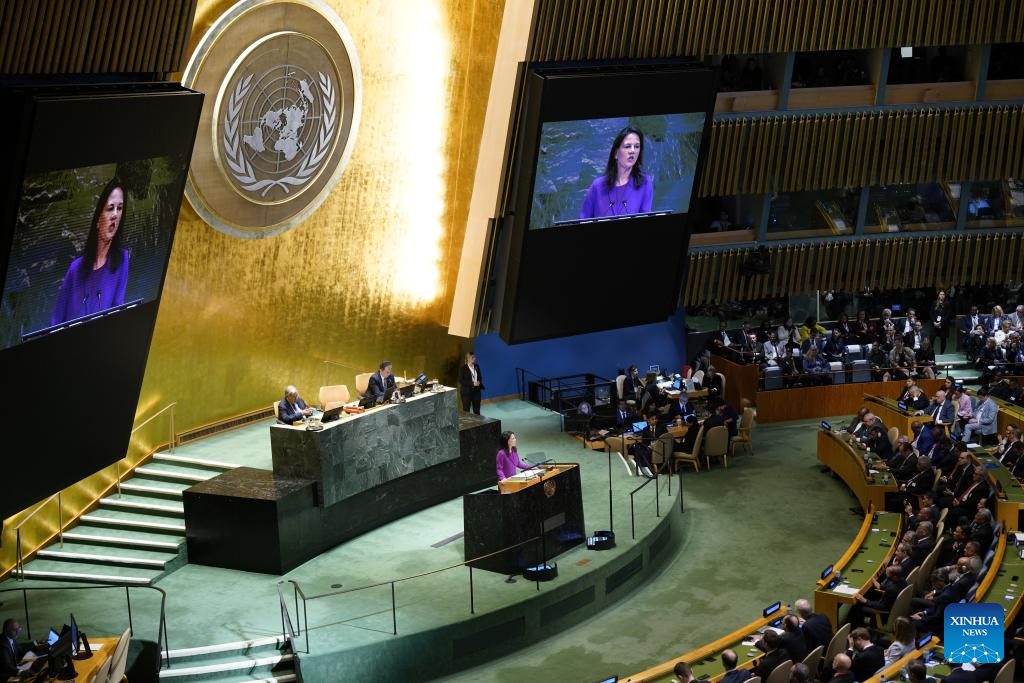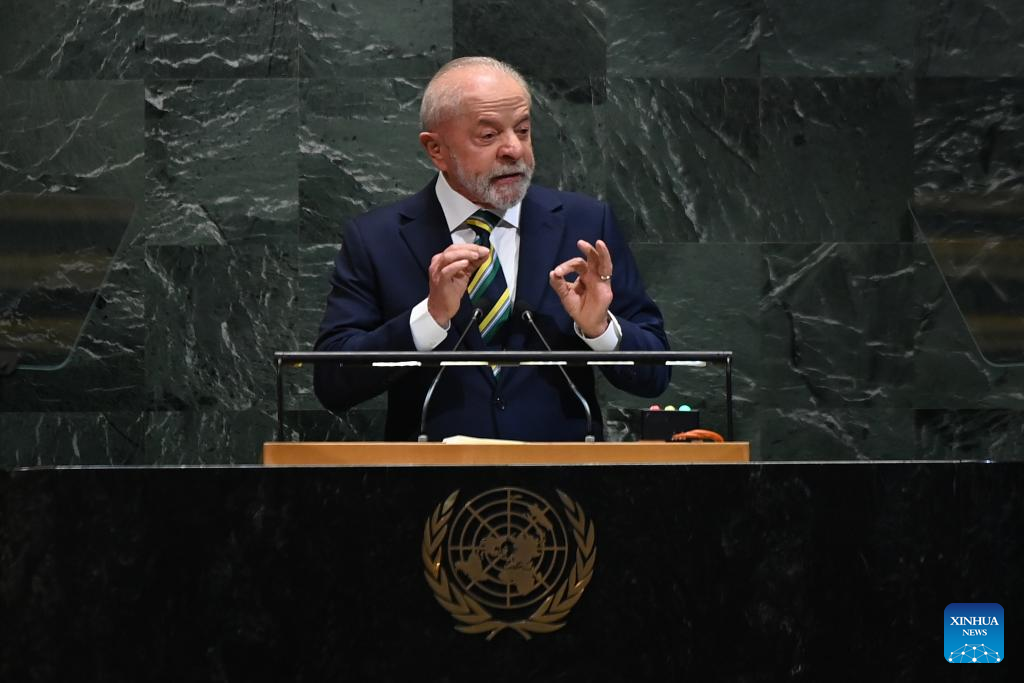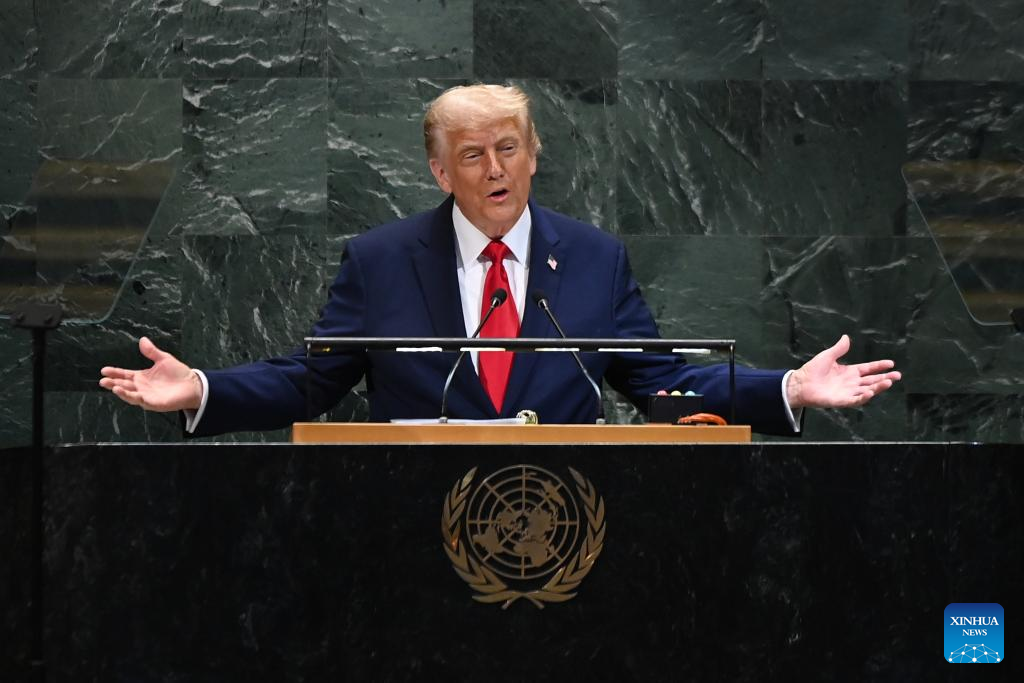
UNITED NATIONS - Over 30 heads of state and government delivered speeches at the UN headquarters on Tuesday, the first day of the 80th session of the UN General Assembly (UNGA), focusing on such issues as Palestinian statehood, climate change, multilateralism and Security Council reform.
"Multilateralism is at a new crossroads," with the authority of the United Nations "in check," said Brazilian President Luiz Inacio Lula da Silva, the first speaker to address the UNGA.
ALSO READ: World leaders attend UN's High-level Week to tackle global issues
Noting that "there is a clear parallel between the multilateralism crisis and the weakening of democracy," the president said attacks on sovereignty, arbitrary sanctions and unilateral interventions "are becoming the rule."
In Gaza, hunger is used as a weapon of war while the forced displacement of populations goes on unpunished, Lula noted, warning that "the Palestinian people are at risk of disappearing" and "will only survive with an independent state integrated into the international community."

Lula's call for strengthening multilateralism was echoed by Peruvian President Dina Boluarte, who said that Peru is committed to an open multilateral system based on international law and the principles of the UN Charter and urges reforms that restore the UN's representativeness and effectiveness to solve such global problems as attacks on democracy and the rule of law, climate change and socioeconomic issues.
Highlighting a "crisis of trust" in multilateral institutions, Kazakh President Kassym-Jomart Tokayev called on the international community to empower the United Nations to act, adding that a comprehensive reform of both the United Nations and its Security Council is necessary.
In his speech, Indonesian President Prabowo Subianto underscored the importance of addressing climate change. "As the world's largest island state, we testify before you that we are already experiencing the direct consequences of climate change, particularly the threat of rising sea levels."
Indonesia is shifting decisively from fossil-fuel-based development towards renewable-based development. The country aims to achieve net-zero emissions by 2060, said Prabowo.

While US President Donald Trump, the second speaker at the general debate, attacked climate policy and renewable energy, calling the carbon footprint "a hoax," Chilean President Gabriel Boric stated that claiming global warming is nonexistent is not an opinion but a lie.
Tajik President Emomali Rahmon spotlighted the environmental challenges faced by his country: "Of Tajikistan's 14,000 glaciers, more than 1,300 have completely melted, and the rate of melting is accelerating."
Cyril Ramaphosa, president of South Africa, emphasized the need to "act decisively to silence all the guns everywhere to realize the goals of sustainable development and global peace."
Africa is a continent "irreversibly on the rise," he said. However, many of the Sustainable Development Goals remain elusive due to a lack of financial resources, with many developing countries spending more on debt servicing than on health or education, he said.
Representatives from UN member states, including some 150 heads of state and government, will take turns at the podium of the UNGA to address major global issues during the general debate, which started Tuesday and will conclude on Sept 29.


